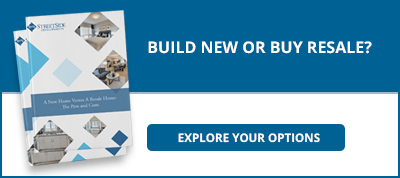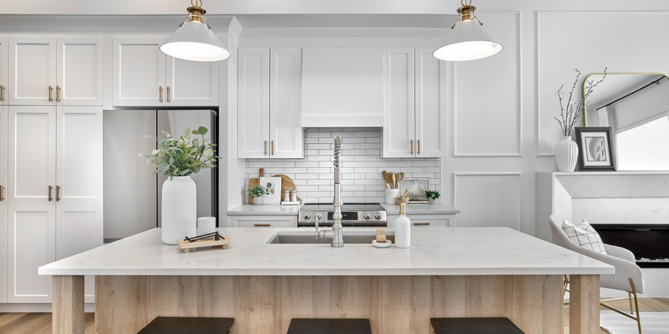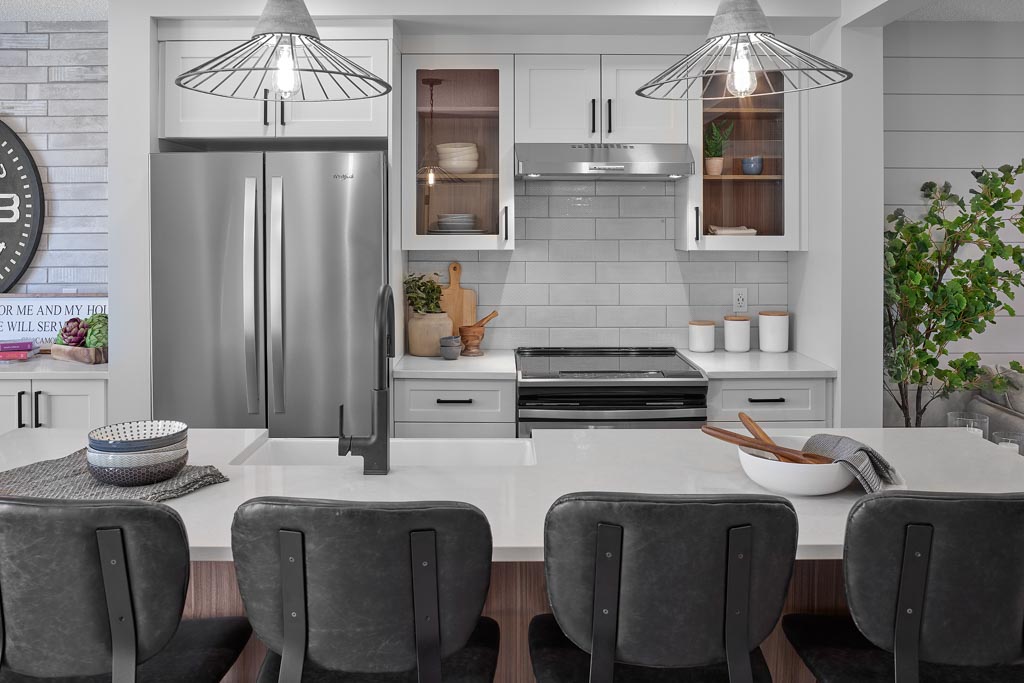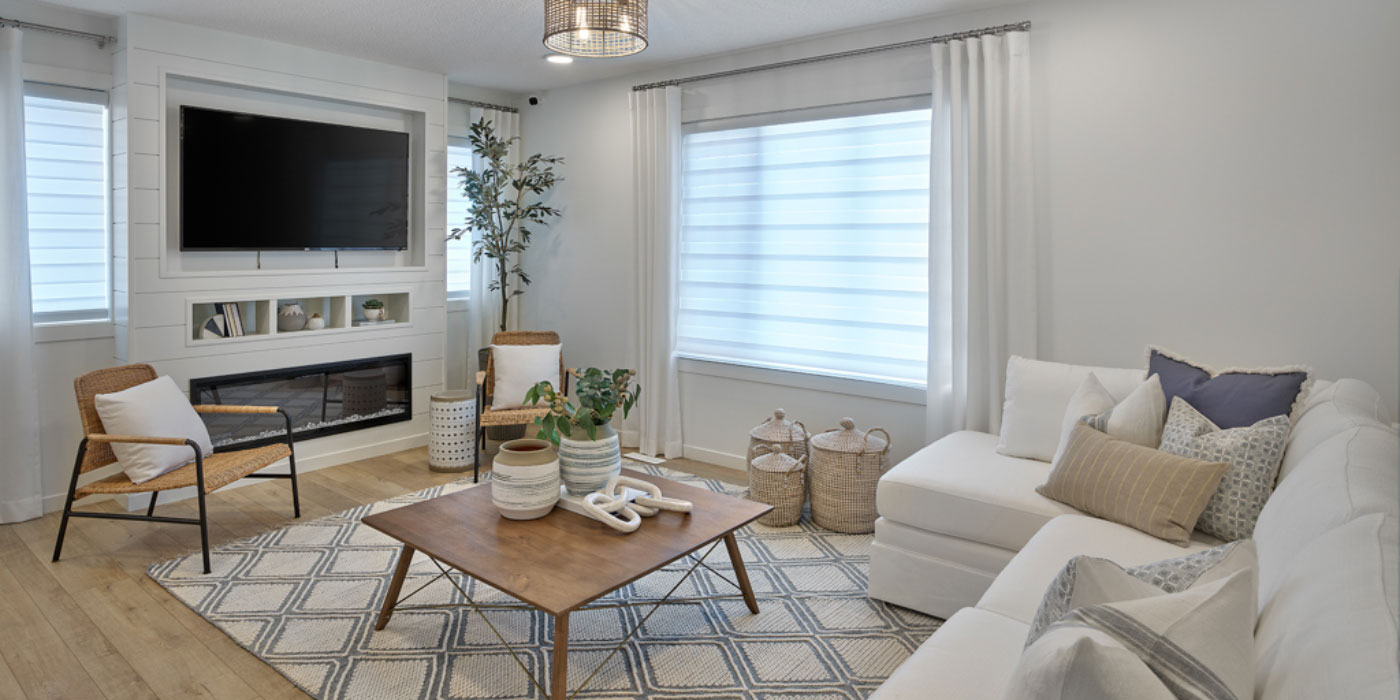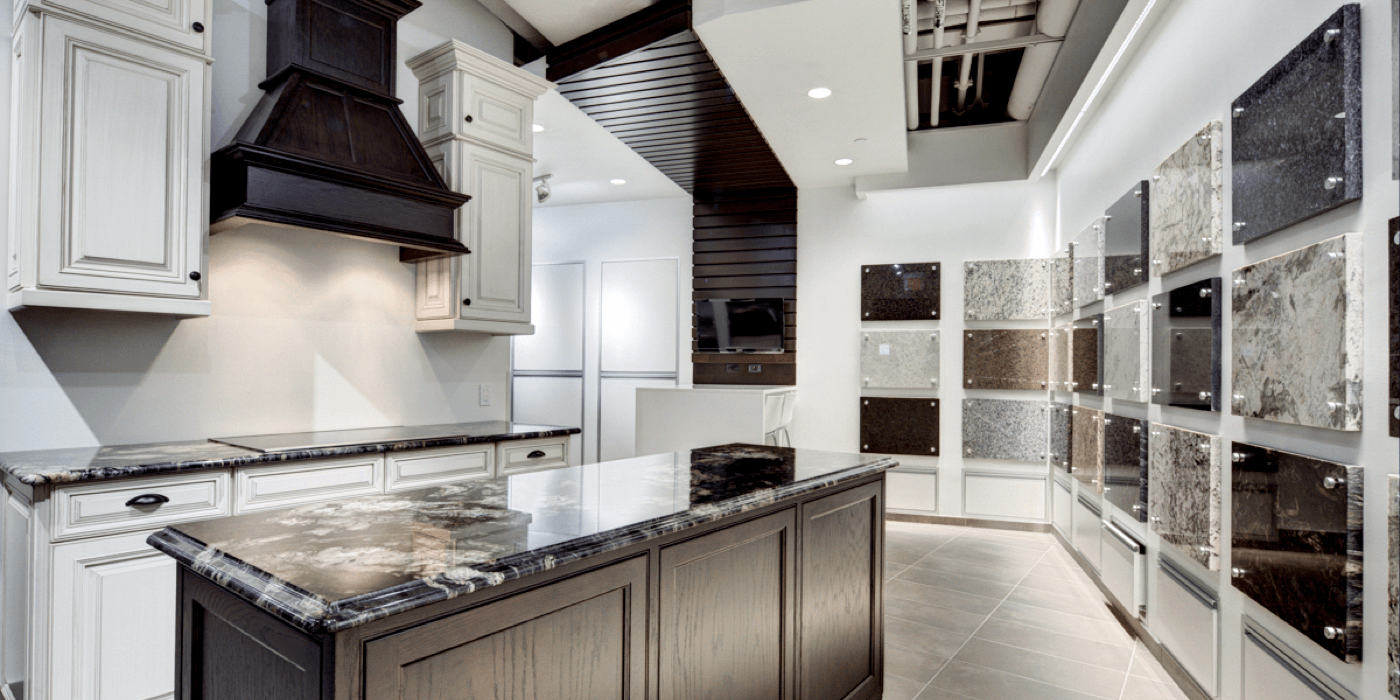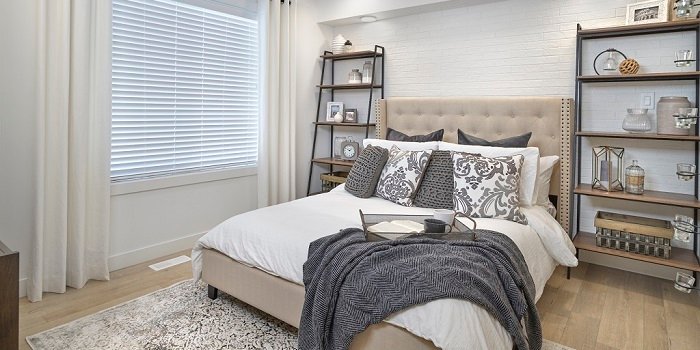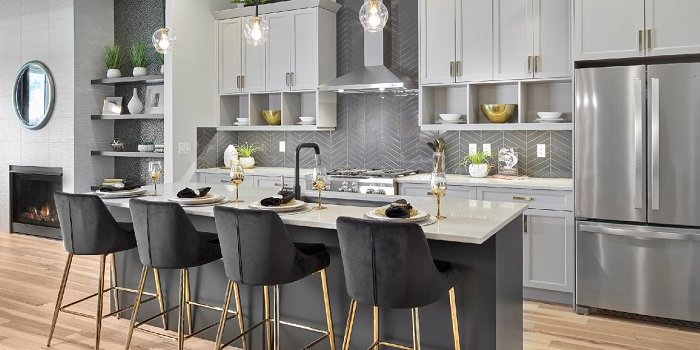
6 First-Time Home Buyer Mistakes to Avoid
As you get ready to buy your first home, it’s normal to feel a bit apprehensive. It is a big decision, and mistakes could be costly. We’ve put together a list of some of the most common mistakes first-time buyers could potentially make. If you’re careful to avoid these pitfalls, you’re more likely to make the right decisions and be 100% home happy in no time!
1. Getting Pre-Qualified Instead of Pre-Approved
Pre-qualification and pre-approval are similar, but they have important differences. With a pre-qualification, the bank tells you approximately how much money they can lend you based on your stated income. The pre-approval process takes things a bit further by telling you how much you can borrow after a more thorough review of your finances, income, and employment.
In most cases, the amount offered during a pre-qualification is close to the amount during the pre-approval, however, there can be big differences. For instance, the bank only uses your base monthly salary in making calculations for the pre-approval. If you used an annual salary that includes bonuses and overtime pay when you got your pre-qualification, you may be shocked when the amount the bank will loan you is far less than what you thought.
If you’re serious about buying a home, applying for pre-approval with your bank or a mortgage broker is the best way to start your home search to ensure the most accurate numbers.
2. Borrowing the Maximum
Don’t forget to look at your personal finances and budget when deciding how much to borrow. The bank determines how much it will loan you based on your income and debt payments. However, the bank is not looking at ALL of your expenses. They don’t include grocery bills, leisure expenses, hobbies, or lavish vacations. If you want to keep those things affordable after purchasing a home, you may need to borrow less than the bank says you can afford.
 3. Underestimating the Costs
3. Underestimating the Costs
When you own a home, your costs can increase. You will have to cover the cost of any maintenance and repairs due to wear and tear or pay utility costs and property taxes that may have been included in your previous rental fees. If you’ve never owned a home before, it’s easy to underestimate how much these costs can add up. It can be more likely to happen to those who buy resale homes because the cost of unexpected repairs, such as the aging of the home can be high. Even if you’re buying a brand-new home, you’ll need to get an estimate of what your costs will be. Once you have these costs, you can factor them into a monthly budget to decide how much home you can afford.
4. Making the Minimum Down Payment
Canadian law requires you to make a down payment of at least 5 percent. When buyers only make that minimum down payment, they don’t have much equity in the home. They often will have higher monthly mortgage payments than others who put 10 or 20 percent down. Don’t feel bad if you can only afford a 5 percent down payment, but pay more if you can.
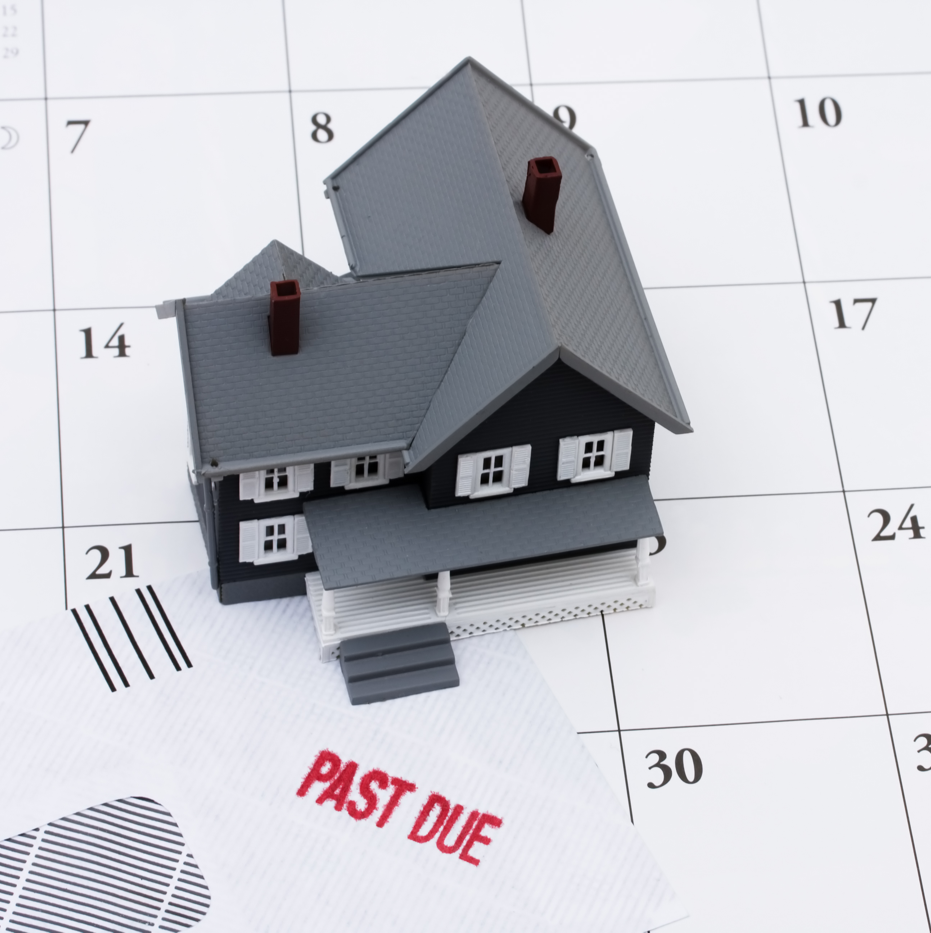 5. Changing Finances Before Finalizing the Purchase
5. Changing Finances Before Finalizing the Purchase
When you get pre-approved for a mortgage, the figure the bank gives you is based on your current financial data. This includes your credit score and your salary. Changing this information could change the results of the bank’s offer. For instance, try to avoid changing jobs or starting a new business before you close on a home. You should also avoid taking on a new auto loan, racking up credit card debt, or applying for new credit. All of these things can negatively impact your credit score and change your pre-approval amount.
6. Forgetting to Make the First Mortgage Payment
This might sound silly, but a lot of people forget to make their first mortgage payment. Amongst all of the chaos of moving into their new home, they might forget to set up the automatic payments or forget to send in a cheque. Missed mortgage payments will damage your credit score, and you don’t want to start your new home journey off on the wrong foot. Contact the bank before payment is due to make sure everything has been set up correctly.
As you decide which home is right for you, it is important to focus on affordability. By making sure you choose a home that fits your budget, you’ll avoid most of these mistakes.
Photo credit: green house, out of cash, past due
Our Latest News:
Related Posts:


